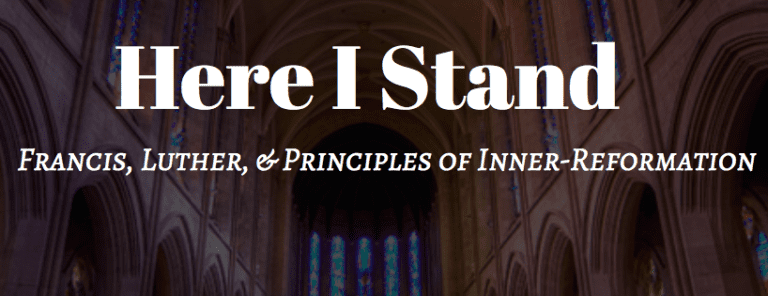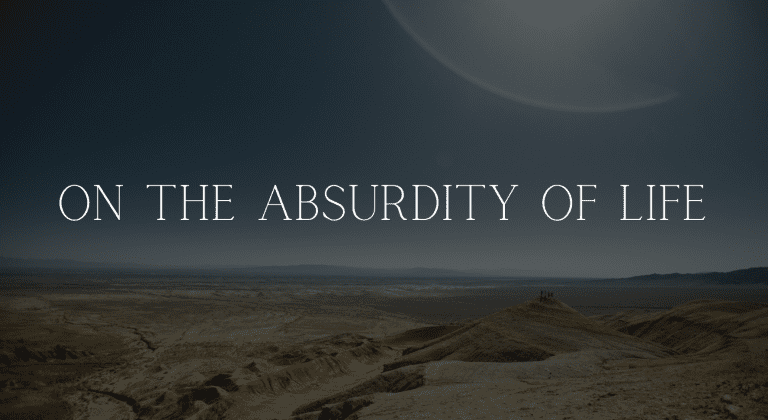This is the third installment of a series of blog posts outlining principles of inner-reformation taken from the life of St. Francis and Martin Luther. This series was prepared as a series of talks for the Order of Lutheran Franciscans 2017 Retreat.
Inner Reformation Principle 2: Spiritual Discipline
The second principle of inner reformation is that of unceasing spiritual discipline. This is probably the most apparent principle of spiritual awakening, and yet is also the hardest.
Both Francis and Luther were committed to being disciplined in their pursuit of God. Francis was driven to the point of desperation because of the dissatisfaction he experienced in his life, and was driven to fervent prayer and contemplation. Similarly, Luther felt utterly disconnected from God and disillusioned with the Church, yet he continued to pray, to study, and to seek after the experience of Christ for years before he finally heard the Spirit speak through the words of Scripture and was emboldened to begin his work of renewing the faith.
The journey of both men mirrors the spiritual journey of ordinary people. When we move beyond the mythologizing of their lives and spiritual journeys and focus on the raw biographical knowledge we have of them, we find two individuals who found themselves fed up with the shallowness of the lives they were living and disillusioned by the hollowness of the Christianity they experienced, and therefore, were drawn to seek God through intense personal devotion and discipline. The path of discipline and devotion is the only path that leads to inner transformation. There is no other way.
In nearly every spiritual tradition throughout the history of the world, it is the path of prayer, meditation, and contemplation that are prescribed as the path that leads to eternal and abundant life. And in every generation, there are those who seek to shortcut the path of contemplation and dilute the command to be disciplined in order to taste salvation, leading to the very sort of useless religion that both Francis and Luther railed against.
In our day, there is more shallow religion and hollow self-help teachings that promise to give us a better life with great speed and little work. There are drugs to take, intensive retreats to go on, and mindless practices to adopt that promise to help us experience a life of depth. But none of these paths work. None of them ultimately lead to the abundant life that Jesus proclaimed, and none of them give us the fuel we need to be agents of redemption in the world around us. Any path that is divorced from consistent spiritual discipline can only give us a momentary spiritual high, a glimpse of the experience of salvation, before painfully dropping us back on the dusty ground of meaninglessness and hopelessness.
If we are to experience true soul reformation that leads to societal transformation, we must commit ourselves to consistent spiritual discipline. We may go days, months, or years without experiencing anything substantial, but we can be assured that with every meditation or moment of contemplation, we are expanding our capacity to receive from God and amplifying the voice of our soul in the work of global transformation.












